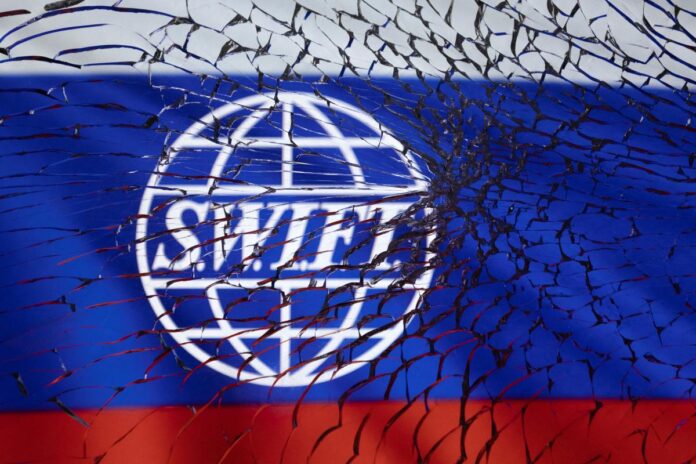Author: Nicholas Mulder
Affiliation: Assistant Professor of History at Cornell University and the Author of The Economic Weapon: The Rise of Sanctions as a Tool of Modern War
Organization/Publisher: Foreign Affairs
Date/Place: March 22, 2022/ USA
Type of Literature: Article
Word Count: 2396
Link:https://www.foreignaffairs.com/articles/russian-federation/2022-03-22/toll-economic-war
Keywords: Russia, Economic Sanctions, Global Economy
Brief:
The writer discusses the impact of economic sanctions on Russia, which can be read through its repercussions on the rest of the countries in the world. Economists expect that the Russian GDP will decline from 9 to 10%. The depreciation of the Russian ruble has put pressure on Russian manufacturers and pushed them to find alternatives outside Russia. Broader impacts:
- Spillovers to neighboring countries and markets
- Multiplier effects through divestment from the private sector
- The impacts of escalation in the form of Russian responses
- Systemic effects on the global economy
Russia has responded to the sets of sanctions and economic boycotts with measures to establish emergency stability policies to protect foreign currencies, support the ruble, and lockdown foreign currency capital in the country. The stock exchange had closed, and the assets of many Western companies that have left may soon face confiscation. The Ministry of Economic Development has prepared a law that gives the Russian state six months to take over the business in an “unjustified” liquidation or bankruptcy. The combination of spillover effects, adverse multiplier effects, and escalation effects mean that sanctions against Russia will impact the global economy more than previous sanction regimes in history. The writer calls for an examination of the use of sanctions in the 1930s and their impact on the global economy. The dilemmas of sanctions in the 1930s show that aggressors must be confronted when they disrupt the international order. But it leads equally to the fact that the feasibility of sanctions and the chances of their success always depends on the global economic situation. Biden’s administration is aware of this problem, but its actions so far are insufficient for scale. Washington tried to reduce pressures in the oil market through partial reconciliation with Iran and Venezuela. The problem of managing the fallout from the economic war is still more significant in Europe, not only because the European Union has more robust trade and energy ties with Russia, but also as a consequence of the political economy of the Eurozone. And so, Western policymakers face a serious decision. They must decide whether to support sanctions against Russia with their current strength or impose more economic sanctions on Putin. Whatever the outcome of the war, the economic offensive against Russia has revealed an important new fact: the era of inexpensive, risk-free, and predictable sanctions is over. The dimensions of the Russian war are no longer only geopolitical but also geo-economic.
By: Taqwa Abu Kmeil, CIGA Research Assistant




